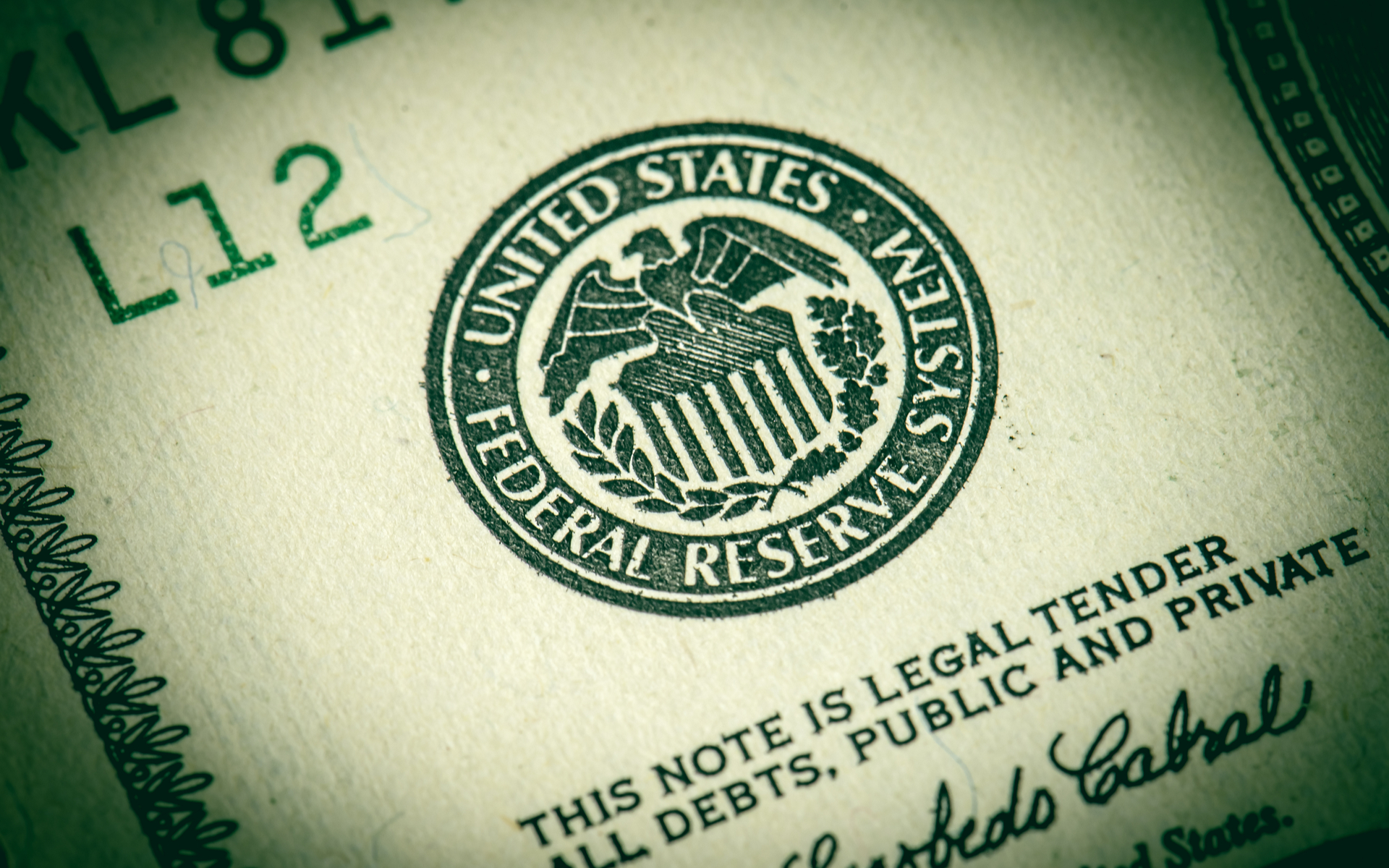PALO ALTO, Calif. (Reuters) - The Federal Reserve is taking a look at a broad series of problems around digital payments and currencies, consisting of policy, style and legal factors to consider around possibly releasing its own digital currency, Guv Lael Brainard stated on Wednesday. Brainard's remarks suggest more openness to the possibility of a Fed-issued digital coin than in the past." By transforming payments, digitalization has the possible to deliver greater worth and benefit at lower cost," Brainard stated at a conference on payments at the Stanford Graduate School of Service.
Central banks globally are discussing how to manage digital finance technology and the dispersed ledger systems utilized by bitcoin, which promises near-instantaneous payment at potentially low cost. The Fed is establishing its own day-and-night real-time payments and settlement service and is presently reviewing 200 comment letters sent late last year about the suggested service's design and scope, Brainard said.
Less than two years ago Brainard informed a conference in San Francisco that there is "no compelling demonstrated requirement" for such a coin. However that was before the scope of Facebook's digital currency ambitions were commonly understood. Fed officials, consisting of Brainard, have actually raised issues about customer protections and data and personal privacy threats that might be presented by a currency that might enter into usage by the third of the world's population that have Facebook accounts.
" We are teaming up with other reserve banks as we advance our what is a fedcoin understanding of main bank digital currencies," she stated. With more nations checking out releasing their own digital currencies, Brainard stated, that adds to "a set of reasons to also be making certain that we are that frontier of both research study and policy advancement." In the United States, Brainard stated, problems that need research study consist of whether a digital currency would make the payments system safer or simpler, and whether it could present monetary stability threats, including the possibility of bank runs if cash can be turned "with a single swipe" into the main bank's digital currency.
To counter the financial damage from America's unprecedented national lockdown, the Federal Reserve has s3.us-west-1.amazonaws.com/legacyresearchgroup3/index.html taken unmatched actions, including flooding the economy with dollars and investing directly in the economy. The majority of these relocations received grudging acceptance even from many Fed skeptics, as they saw this stimulus as needed and something only the Fed might do.
My new CEI report, "Government-Run Payment Systems Are Risky at Any Speed: The Case Against Fedcoin and FedNow," information the dangers of the Fed's current plans for its FedNow real-time payment system, and propositions for main bank-issued cryptocurrency that have actually been called Fedcoin or the "digital dollar." In my report, I talk about concerns about personal privacy, data security, currency adjustment, and crowding out private-sector competition and innovation.
Advocates of FedNow and Fedcoin say the federal government should produce a system for payments to deposit immediately, rather than motivate such https://s3.us-east-1.amazonaws.com/legacyresearchgroup2/index.html systems in the economic sector by lifting regulatory barriers. But as kept in mind in the paper, the economic sector is supplying an apparently limitless supply of payment innovations and digital currencies to fix the problemto the extent it is a problemof the time gap between when a payment is sent and when it is received in a checking account.
And the examples of private-sector innovation in this location are many. The Clearing House, a bank-held cooperative that has been routing interbank payments in various types for more than 150 years, has been clearing real-time payments since 2017. By the end of 2018 it was covering 50 percent of the deposit base in the U.S.
